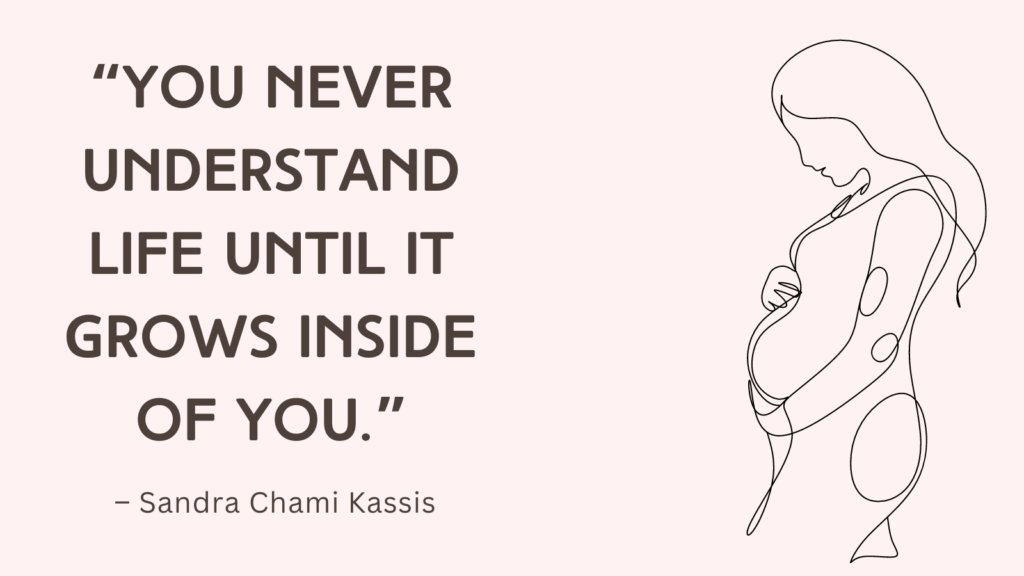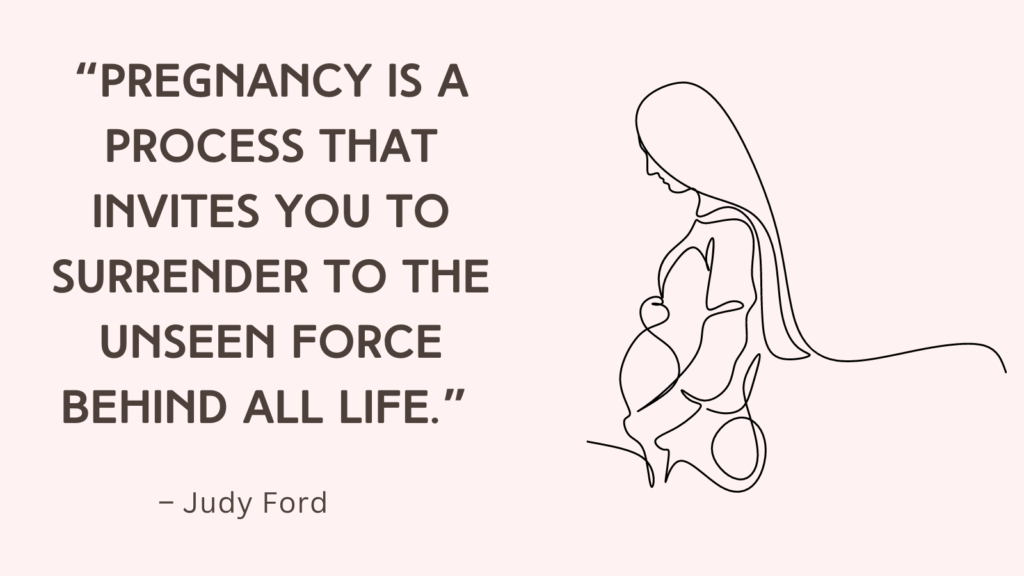Missed period, fatigue, nausea, and hormonal shifts.
At this stage, many women have just found out they are expecting, and while it’s a time of joy, it can also bring a mix of emotions, physical symptoms, and questions.
This guide will walk you through everything to expect in week 5 of pregnancy, along with practical tips on how to cope with common challenges.
What’s Happening to Your Baby?
At five weeks, your baby is still very tiny—about the size of a sesame seed—but is growing rapidly. Here are some key developments happening this week:
Heart Development: The baby’s heart is forming and may start beating this week, though it’s too early to hear on a regular ultrasound.
Nervous System Growth: The neural tube, which will become the brain and spinal cord, is developing.
Formation of Organs: The foundation of the baby’s major organs (like the liver, kidneys, and intestines) is beginning to take shape.
What’s Happening to Your Body?
At this stage, many women begin to experience early pregnancy symptoms. However, some may not notice any changes yet, and that’s perfectly normal too.
Common Symptoms at 5 Weeks Pregnant
Fatigue – Your body is working hard to support the baby, leading to exhaustion.
Morning Sickness – Nausea (with or without vomiting) can start around this time.
Breast Tenderness – Your breasts may feel sore, heavy, or more sensitive.
Frequent Urination – Increased blood flow to your kidneys means you might need to pee more often.
Mild Cramping & Spotting – Some light cramping and spotting can be normal, but if it’s heavy or painful, contact your doctor.
Mood Swings – Hormonal changes can lead to emotional ups and downs.
How to Cope with Week 5 Pregnancy Symptoms
Managing early pregnancy symptoms can be challenging, but these tips can help:
1. Combat Fatigue with Rest & Nutrition
Try to get extra sleep and take short naps if needed.
Eat small, nutrient-dense meals to maintain your energy levels.
Stay hydrated, but limit caffeine.
2. Handle Morning Sickness
Eat small, frequent meals to avoid an empty stomach.
Keep crackers or dry toast by your bedside for morning nausea.
Stay away from strong smells that trigger nausea.
Sip ginger tea or try ginger-based lozenges.
3. Relieve Breast Tenderness
Wear a supportive bra, even while sleeping.
Use warm or cold compresses to ease soreness.
4. Manage Frequent Urination
Drink plenty of water but avoid excessive liquids before bedtime.
Empty your bladder fully each time you go.
5. Cope with Mood Swings
Give yourself grace—it’s okay to feel emotional.
Practice stress-reducing activities like deep breathing, gentle yoga, or journaling.
Lean on your support system—share your feelings with your partner or a trusted friend.
What Should You Be Doing in Week 5?
At this stage, there are a few important steps you can take:
Schedule Your First Prenatal Visit
If you haven’t already, book an appointment with a healthcare provider.
They may do a blood test to confirm pregnancy and discuss prenatal vitamins.
Start Taking Prenatal Vitamins (If You Haven’t Already)
A prenatal vitamin with folic acid is crucial for baby’s brain and spinal cord development.
Look for one with at least 400 mcg of folic acid.
Avoid Harmful Substances
Stop alcohol, smoking, and limit caffeine intake.
Avoid raw or undercooked foods (like sushi, soft cheeses, and deli meats).
Eat a Healthy, Balanced Diet
Focus on whole foods rich in protein, healthy fats, and essential vitamins.
Include iron-rich foods like leafy greens and lean meats.
Listen to Your Body
If you feel exhausted, rest.
If you’re nauseous, eat what you can tolerate.
If something feels off, don’t hesitate to call your doctor.
To Tell or Not to Tell: Announcing Your Pregnancy at Week 5
At 5 weeks pregnant, you may find yourself wondering whether it’s the right time to share your exciting news. For some, the thought of announcing brings joy and anticipation, while others prefer to keep it private for a little longer. There’s no right or wrong answer—only what feels best for you and your unique situation.
Reasons to Announce Early
Some women choose to share their pregnancy news early for various reasons:
- Emotional Support: Pregnancy, especially in the first trimester, can be physically and emotionally challenging. Sharing the news allows you to receive support from close family and friends.
- Workplace Considerations: If your job involves heavy lifting, long hours, or exposure to harmful substances, you may need to inform your employer to ensure workplace accommodations.
- Excitement & Connection: Many parents-to-be are eager to share their joy and start bonding with loved ones over the journey ahead.
- Medical Considerations: If you have a history of complications or need special medical attention, informing a trusted circle can help ensure you get the support you need.
Reasons to Wait Before Announcing
On the other hand, many women choose to wait until the end of the first trimester (around 12 weeks) before making their pregnancy public. Here’s why:
- Risk of Miscarriage: The risk of miscarriage is highest in the first trimester, so some prefer to wait until the risk decreases before sharing.
- Personal Privacy: Some couples want to enjoy the early stages of pregnancy privately before involving others.
- Avoiding Unwanted Opinions: Pregnancy can bring a flood of advice and opinions. Waiting to announce may help minimize external pressure.
- Work & Social Considerations: If you’re not ready for workplace adjustments or public conversations about your pregnancy, keeping it private may be preferable.
Finding the Right Balance
- If you’re unsure, consider telling only a small, trusted group—such as your partner, close family, or best friend—who can provide emotional and practical support.
- Some parents announce in stages, first to close loved ones and later to a broader circle.
- There’s no pressure to announce at a specific time—listen to your instincts and choose what makes you most comfortable.
What’s Right for You?
Ultimately, the decision to share your pregnancy news is deeply personal. Whether you choose to tell now or wait, the most important thing is prioritizing your comfort, well-being, and peace of mind.
Would you like to include any religious or cultural perspectives on announcing a pregnancy?
When to Call Your Doctor
While mild symptoms are normal, some signs warrant a call to your healthcare provider:
❗ Heavy bleeding or severe cramping
❗ Extreme nausea and vomiting (unable to keep food down)
❗ Severe dizziness or fainting
❗ Sharp or persistent pain in your abdomen
Final Thoughts
Week 5 is an important milestone in your pregnancy. While it comes with changes and challenges, remember that your body is doing something incredible!
Take it one day at a time, be kind to yourself, and don’t hesitate to seek support when needed.



